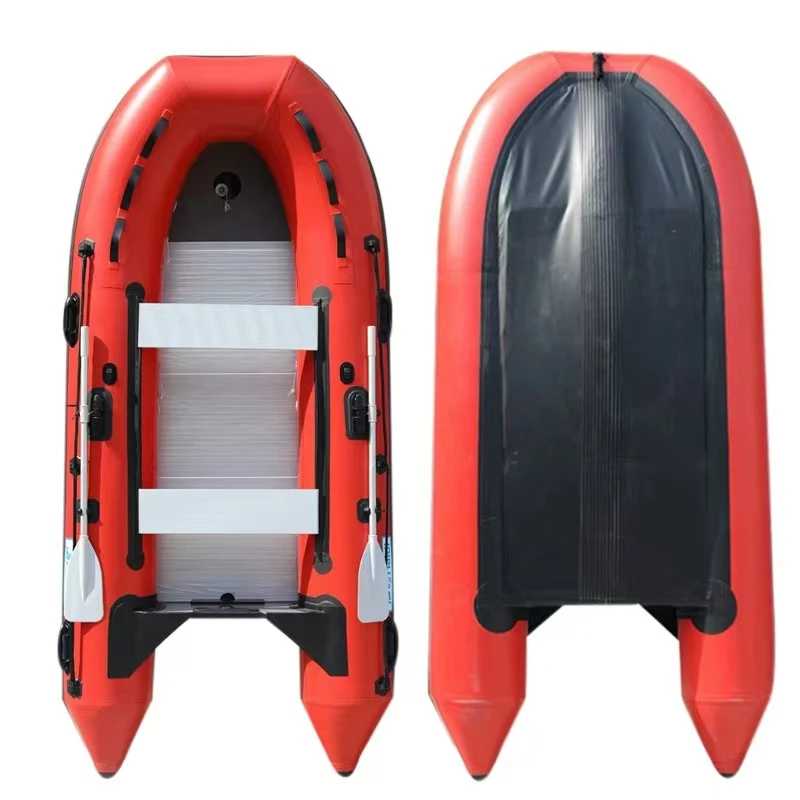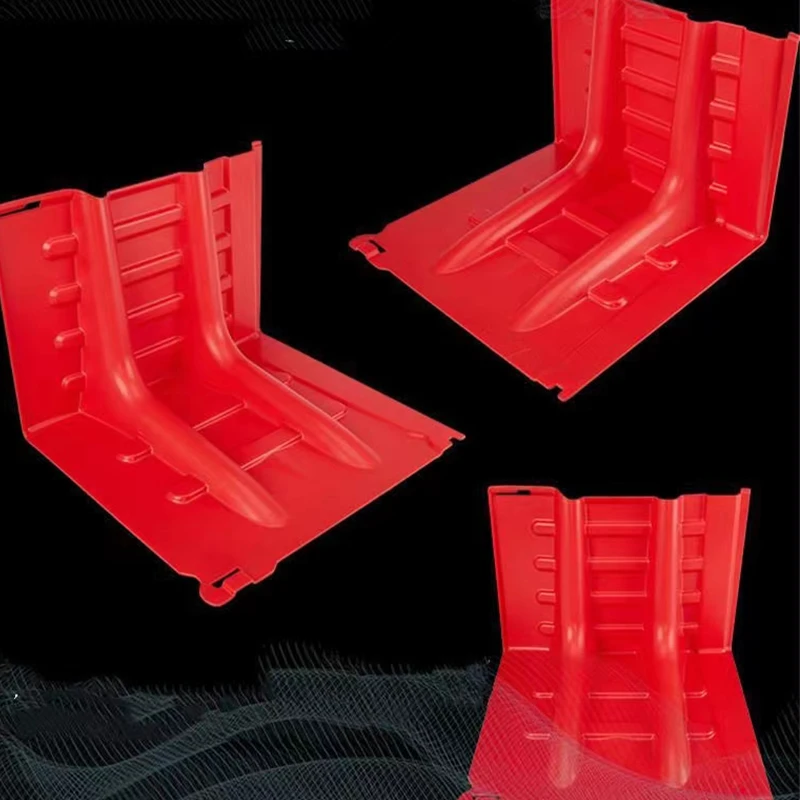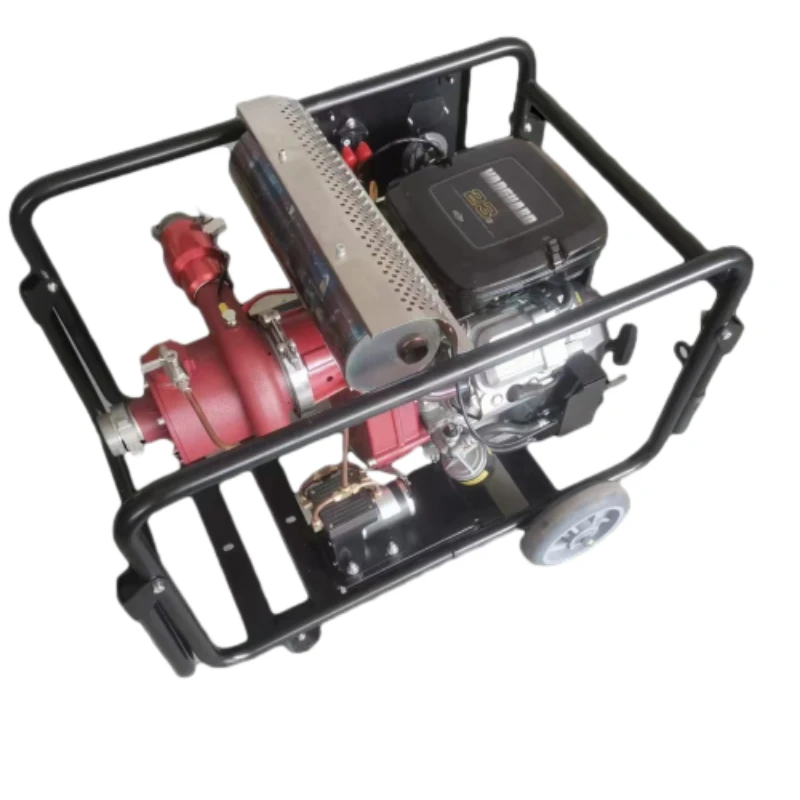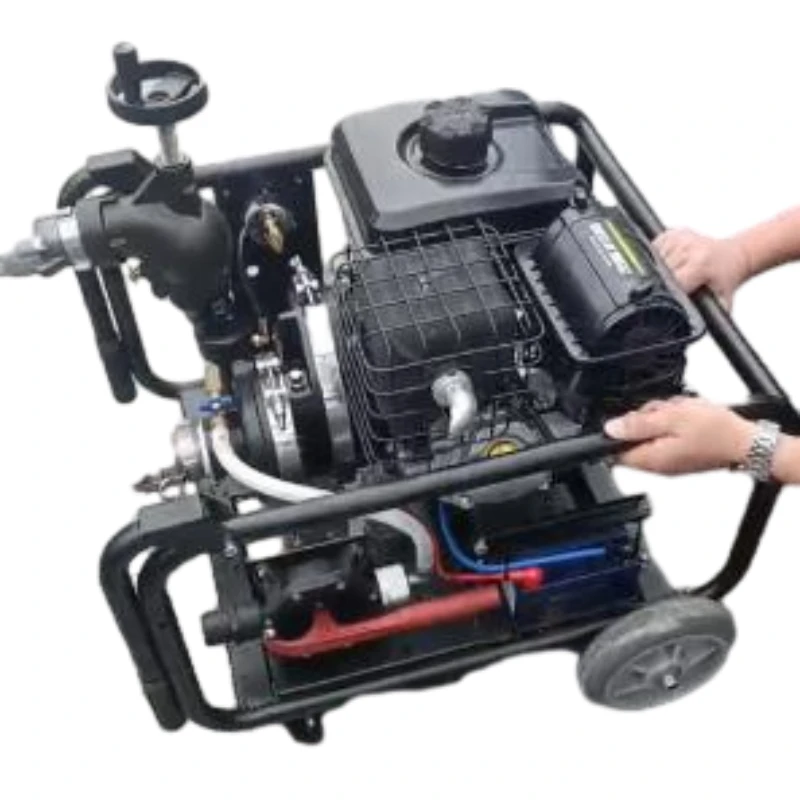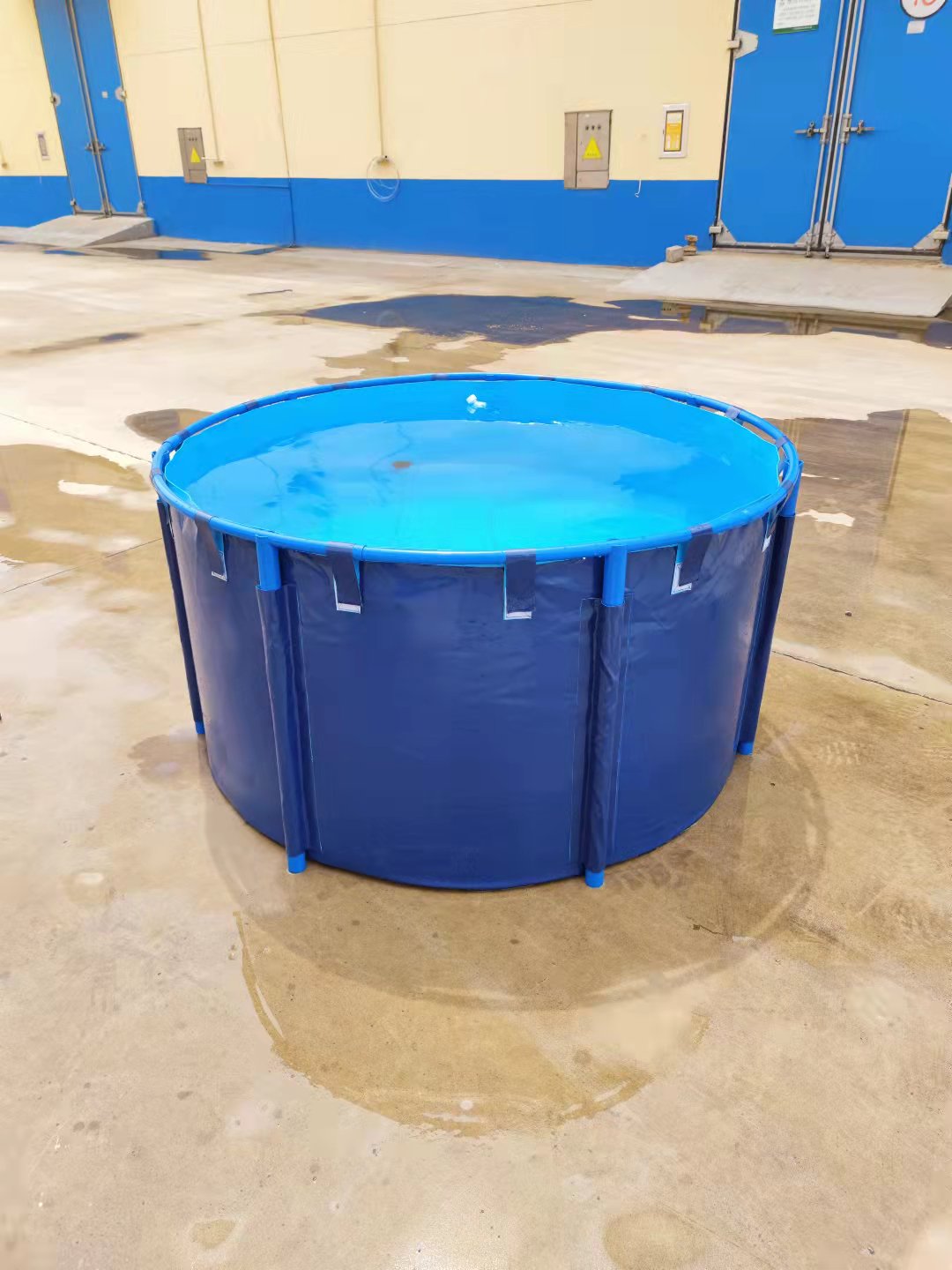

Authoritatively, the National Fire Protection Association (NFPA) sets stringent standards for the construction, installation, and performance of diesel engine fire pumps. The NFPA 20 standard serves as a benchmark for ensuring that the pumps not only meet the necessary criteria for fire protection but also conform to safety and operational guidelines. Such standards have propelled manufacturers to design diesel pumps that safeguard against overheating, have automatic shutdown capabilities for low oil pressure, and are equipped with reliable starting systems. The trustworthiness of diesel engine fire pumps is reflected through rigorous testing and certification processes that validate their functionality under adverse conditions. For instance, UL (Underwriters Laboratories) and FM (Factory Mutual) certifications serve as hallmarks of reliability, offering stakeholders the assurance that the pumps will perform as expected when called upon. Moreover, advancements in technology have brought about smart diagnostic systems integrated into these pumps, escalating their reliability. Real-time monitoring and alerts for possible malfunctions enable facility managers to preemptively address potential issues, thereby maintaining unyielding trust in the pump's readiness. In conclusion, diesel engine fire pumps serve as a vital backbone in the architecture of fire safety. Their unique blend of performance authority, trustworthiness, and independence from electrical grids cements their status in fire suppression solutions. Organizations vested in robust fire safety infrastructure continually prioritize these systems, given their proven track record in safeguarding lives and assets. As the landscape of fire safety evolves, these pumps will undoubtedly remain pivotal, evolving with new technological enhancements yet staying true to their foundational principles of reliability and efficiency.









